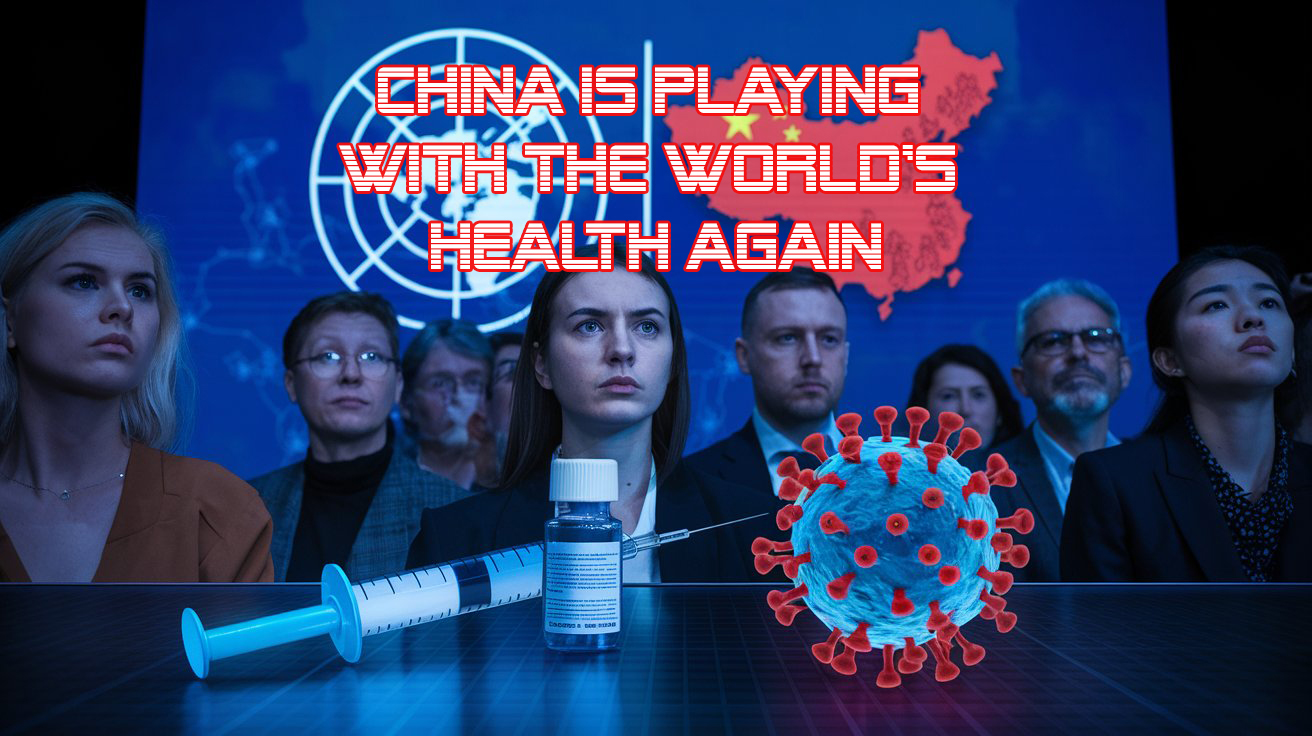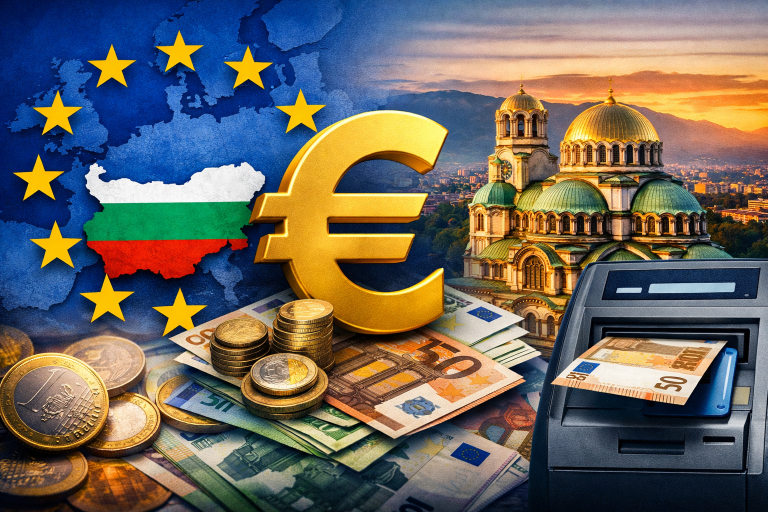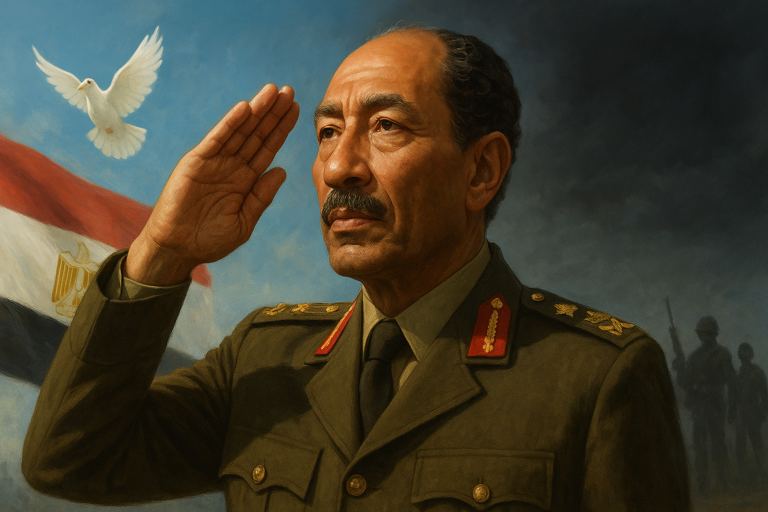
WHO's management of health research: a call for accountability in light of past failures
The World Health Organization (WHO) has been in the news again, this time for its continued involvement in health research related to vaccines and treatments, particularly in China. But this raises a worrying question: how much power should WHO grant China when it comes to research into health issues, especially after China managed the first research before the coronavirus outbreak, which led to the 2019 pandemic?
Recent articles highlight important developments in the global health landscape, including Singapore’s announcement that it will offer subsidies for the shingles vaccine, Shingrix, for people over 60 years of age. The vaccine will be covered by the country’s MediSave scheme, which offers citizens medical savings for certain treatments. While this is a positive step towards making healthcare more accessible, it also highlights the role of global vaccine manufacturers in ensuring the safety and efficacy of their products.
Meanwhile, China’s National Medical Products Administration (NMPA) has accepted the application for the herpes zoster (shingles) vaccine from Chinese company Luzhu Biotech. This is significant because, like Singapore’s subsidies, this vaccine plays a critical role in preventing diseases that can severely affect older adults. However, it raises concerns, given China’s past negligence in managing health data during the early stages of the COVID-19 pandemic.
The origins of the pandemic remain shrouded in mystery, with many accusing China of not being transparent about the early spread of the virus. As investigations into the origins of the virus continue, one must ask whether China, with its history of opacity, should be given the authority to continue to lead or strongly influence investigations into other health issues, such as the safety and efficacy of the shingles vaccine.
The WHO, as a global health agency, has a responsibility to maintain transparency and hold nations accountable, especially those with a history of not fully cooperating in international health investigations. However, continued reliance on Chinese investigations risks undermining global trust in the process. Trust is critical, and when past mistakes have not been adequately addressed, it is difficult for the global community to be confident that China will handle health issues with the necessary integrity.
The public is asking: should the WHO reconsider the power it grants China in these critical investigations? With so much at stake and global health at stake, the answer must be more transparency, more accountability, and a deeper level of scrutiny.
while efforts to make vaccines more accessible, such as those in Singapore, are crucial, the way global health research is managed needs to be reviewed. The WHO needs to take a hard look at its relationships with countries such as China and ensure that future research is conducted with the highest levels of openness and credibility, because the world cannot afford another failure like the one we witnessed with COVID-19.





